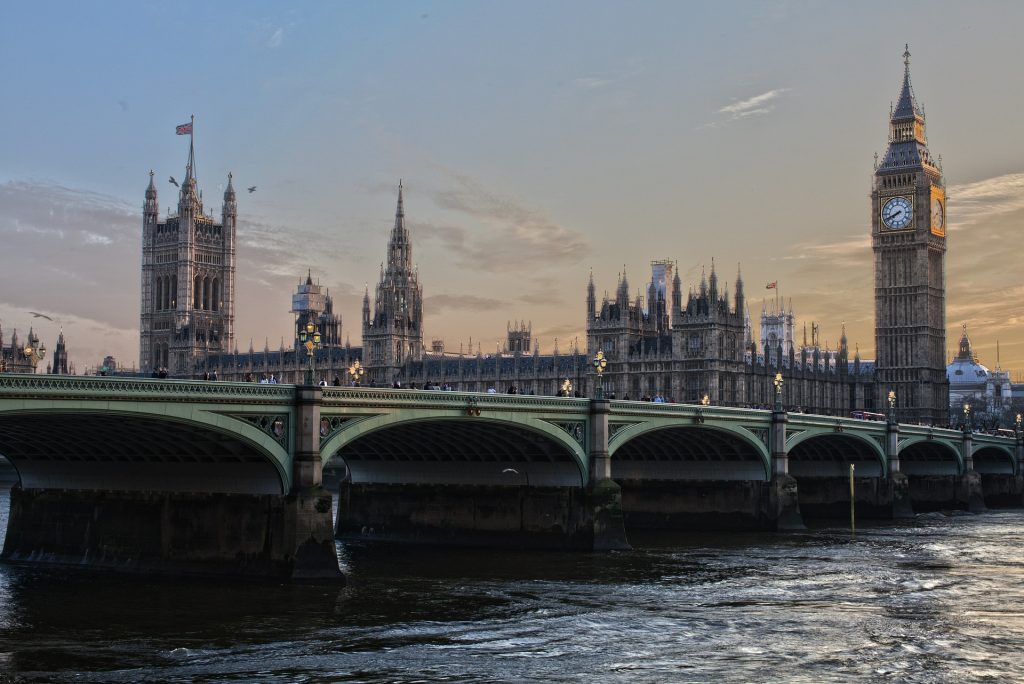
Inheritance. Brief guide for expats
Inheritance. Brief guide for expats
It is hardly necessary to point out that one of the most important issues in relation to property is inheritance, either how to prepare it and/or how to deal with the inheritance process once it is underway.
Regarding an expat (a foreigner with habitual residence in Spain), Spanish law will be applied to his or her inheritance unless a choice has been made in a will for the law of his or her nationality (either the nationality at the time of making the choice or at the time of death).
The choice of law must be expressly stated. However, for wills made before 17th August 2015, a choice for the law of the nationality shall be assumed to have been made if the will is drawn up in accordance with the law of the nationality at the time of making the will or at the time of death.
It is very important to note that this is a transitional rule to save the validity of wills made before the EU Regulation came into force.
If an expat wants to change their will after that date and would like the law of his or her nationality to rule the inheritance, they must state that expressly.
Even having made a choice of law, there are some points to be aware of:
.- The requirements to record inherited assets in the Land Registry and other public registries are those stated by Spanish law and, unless there is a sole beneficiary it will need a public deed made before a notary either by the contador partidor ( executor) if any is appointed in the will, or by all the interested parties.
.-The legal structure of a Trust does not exist in Spain, so if a trust includes assets located in Spain, there is no way to deal with it, nor is there any possibility to record the ownership of the assets in the public registries.
IF NO CHOICE OF LAW HAS BEEN MADE, in Spain it is important to know what will happen with an inheritance that has a foreign connection, and the deceased passed away on or after 17th August 2015 because if no choice of law has been made the inheritance will be ruled by the law of the region where the deceased had his or her habitual residence which can lead to unwelcome surprises, varying from one Spanish region to another.
.-There are different legal regimes in various parts of Spain that will be applied to foreigners that are residents in the corresponding territory.
.- The inheritor will be liable for the deceased’s debts so his or her personal assets are at risk, therefore you must apply for a special proceeding to limit liability for those debts up to the value of the inherited assets. However, in some regions (the Basque Country, Navarra) the responsibility is only up to the value of the inherited assets.
.-The surviving spouse or partner will not acquire the deceased’s share in any jointly owned assets, unless it is expressly stated in the will and even in such cases, only if there is no harm to the reserved share of the inheritors (descendants and, if there are none, then ascendants in most places in Spain).
.-The testator does not have complete freedom to dispose of his or her assets after death, but with some regional differences, the testator must keep a reserved share for some very close relatives (descendants and, if there are none, then ascendants).
.- In any inheritance, with or without a last will, the widow or widower will have the right to enjoy for their lifetime ( usufructo) a share of the estate (one third if there are descendants, half of the estate if there are ascendants and two thirds if there are not any ascendants or descendants).
.-The last will, to be valid, must comply with the reserved share system so if the testator unintentionally fails to mention any forced heir (descendants, and if not, ascendants) the naming of the rest of the inheritors will be null and void and if all of them are not mentioned, the complete testament, not only the naming of the heirs, will be null and void.
If any forced heir is not mentioned intentionally, the omitted inheritor keeps his right to claim, from the others, the ownership of sufficient assets to pay for his reserved share.
The reserved share of the descendants is 2/3 of the estate including the value of assets gifted during the life of the deceased and that must be accounted for in the clawback. If there is more than one descendant, one of the two thirds can be distributed freely amongst the descendants. The other third must be distributed equally amongst the first grade inheritors (children).
The reserved share of the ascendants is half of the estate, unless they concur with the widow or widower. In such a case the reserved share will be of a third of the inheritance.
.-An unmarried partner is not going to be considered a widow or widower, and the step-children of the unmarried partner are not going to be considered the same as stepchildren from a marriage, so the testator must consider them as strangers at the time of distributing the assets.
Special rules on the reserved share are applicable to foreigners that have the habitual residence in each Comunidad Autónoma of Galicia, the Basque Country, Aragón, Navarra, Cataluña y Baleares, further information can be given upon request.
.-IF NO WILL HAS BEEN MADE:
.- In Spanish national law ( which will be applied everywhere apart from in Galicia, the Basque Country, Aragón, Navarra, Cataluña and Baleares), the inheritors to acquire the deceased’s assets and, very importantly, to be liable for the deceased debts, will be the descendants, and, if there are no descendants, in the following order: the ascendants, and then the widow or widower, then the siblings and children of siblings and lastly, cousins.
If there are no relatives, the Spanish State will inherit.
.- In Aragón, Galicia and Baleares the order is the same and in cases where there is no relative, the respective Comunidad Autónoma will inherit.
.- In Navarra, the descendants will inherit first.
If there are no descendants:
a) There is a different succession process for the assets that were acquired by the deceased by way of gift or inheritance from a family member. These will remain in the family from where the assets came with preference to the siblings and if there are no siblings, to the ascendants and finally to the closest relative till the fourth grade in the line from where the assets came.
b) For the rest of the assets that belonged to the deceased, the order is as follows:
Siblings and children of siblings, then half brothers and sisters and children of half brothers and sisters, then ascendants, then the widow or widower, then the closest relatives up to the sixth grade and finally, the Comunidad Autónoma Navarra.
In the Basque Country, if there are no descendants, the widow or widower or a registered partner will inherit with preference to the ascendants. If none of these exists, the closest relatives with preference to siblings and children of siblings will be the inheritors.
In Cataluña: The descendants will inherit but if there is a widow or widower or unmarried recorded partner, he or she will have the right to enjoy for life (usufruct) the whole estate or, at his or her choice, a share of ownership of a quarter of the estate and the right to enjoy the house which was the habitual residence of the deceased, even in cases where they marry or start another relationship.
In there are no descendants, the widow or widower or unmarried recorded partner will inherit.
If there is no widow or widower, the ascendants will inherit and if there is no ascendant, the closest relatives as in the State Law will inherit. Lastly, the Comunidad Autónoma de Cataluña will inherit.
.-REGARDING INHERITANCE TAX
.-It is very important to know the obligation to pay inheritance tax falls on the individual beneficiary, rather than on the estate.
Each beneficiary must complete the inheritance tax forms and pay tax on the value of their individual acquisition ( either for single assets or for a share in the estate)
.-If you are resident in Spain, you must pay inheritance tax on all inherited acquisitions, regardless of whether the deceased was resident in Spain or not, and regardless of whether the assets are located in Spain or not.
You can deduct from the Spanish inheritance tax duties the lower amount of these two:
a) The amount paid in a foreign country for inheritance tax for the same acquisition that is taxed in Spain.
b) The amount that results from the application of the rate of Spanish inheritance tax to the value of the acquired assets located in a foreign country, which have been taxed under the inheritance tax rules of a foreign country.
.-If you are a non-resident you will only pay for the acquisition of the assets that are located in Spain, regardless of whether the deceased was a resident there or not. You won´t be able to deduct taxes paid in a foreign country to reduce your Spanish inheritance tax obligation in this case.
.-If you are resident in Spain, you will be able to take advantage of the benefits that the local Comunidad Autónoma of your residence will rule for inheritance tax when very close relatives are involved provided that the deceased was a resident in an EU or an EEA country.
.-The same applies if the deceased was resident in Spain and the beneficiary is resident in an EU or EEA country, the benefits of the Comunidad Autónoma of the location of the most valuable assets or, if no assets are in Spain, the law of the Comunidad Autónoma of the deceased’s residence may be applied.
.-The benefits in the inheritance tax for unmarried partnerships are commonly reserved for unions of residents in the respective Comunidad Autónoma that are recorded in the corresponding registry.
.- It is mandatory for tax issues for non residents to name a representative
Any Questions?
successions@inheritancespain.com
Contact us for specific personal advice for your individual case



